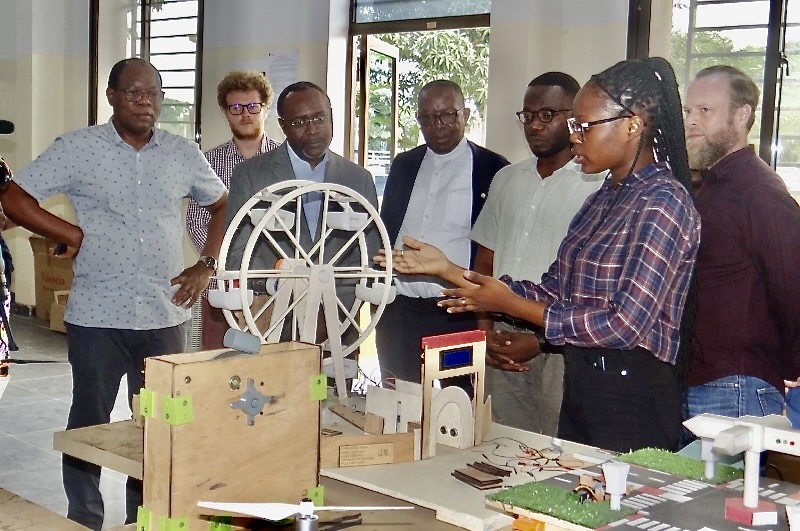

Kimwenza, DRC – From November 25 to 27, 2024, the Jesuit community and intellectual leaders from around the world will gather at Loyola University in the Democratic Republic of Congo (ULC) for an international symposium focused on strengthening higher education to address critical global and African issues.
Rooted in the vision set forth by Pope Francis in Veritatis Gaudium, the symposium will delve into how Jesuit universities can respond to the pressing challenges of modern society through education, research, and a mission-driven commitment to human dignity and social justice.
In Veritatis Gaudium, Pope Francis emphasizes the role of universities as “the main place of scientific research for the progress of knowledge and society,” noting their crucial influence on economic, social, and cultural development in today’s rapidly changing world. Building on this mission, the symposium will explore how Jesuit higher education, guided by the centuries-old Ignatian tradition, can foster excellence, ethical awareness, and a spirit of service that responds meaningfully to contemporary global challenges.
Context and Urgency of Jesuit Higher Education in Africa
In Africa, and specifically in the DRC, the role of universities as agents of social transformation is particularly critical. As symposium organizers note, African societies face a range of complex issues, including economic instability, social crises, political violence, environmental degradation, and a widening ethical gap in the face of rapid technological progress. These issues reflect what Fr. Arturo Sosa, SJ, Superior General of the Society of Jesus, describes as the need to serve “with compassion, competence, awareness, and commitment.”
Loyola University in the DRC, a key Jesuit institution, embodies this mission through its dedication to academic excellence and humanistic values. ULC has been instrumental in the intellectual and personal development of Congolese students for decades, drawing on a foundation rooted in the Jesuit principles of magis (excellence), human dignity, and service. With existing faculties in philosophy, agriculture, veterinary sciences, and engineering, ULC will soon launch two new faculties—a Business School and a Faculty of Social Sciences—to further expand its impact on the region.
Symposium Agenda: Revisiting and Reimagining Jesuit Higher Education
The symposium’s three-day program will engage participants in a comprehensive examination of Jesuit higher education. Attendees will revisit the rich history of Jesuit universities worldwide, assess the current state of Jesuit education in Africa and the DRC, and identify ways to make it more relevant, effective, and contextualized for contemporary challenges. The event will bring together scholars, educators, and thought leaders to discuss these core themes through research presentations and critical discussions.
Key Areas of Focus Include:
The Jesuit Tradition in Higher Education: Participants will explore how the Jesuit commitment to “faith that does justice” has shaped higher education globally, emphasizing intellectual rigor, ethical responsibility, and a focus on the common good.
Challenges in African Jesuit Education: Reflecting on issues like poverty, political instability, and globalization, speakers will discuss the unique role that Jesuit institutions play in forming leaders who can address these challenges within their local contexts.
Future Directions for Jesuit Education in Africa: Participants will identify strategies to strengthen Jesuit education in Africa, ensuring it remains relevant and capable of tackling urgent social issues. This includes promoting inclusivity, sustainability, and fostering critical thinking in response to ethical and technological challenges.
Goals and Expected Outcomes
The symposium aims to provide practical solutions and actionable insights that Jesuit institutions can implement to improve their education models. By fostering a collaborative space for dialogue and innovation, the event will contribute to the advancement of Jesuit universities as agents of change in Africa. Leaders hope that this gathering will reinforce the commitment of Jesuit institutions to serve humanity and respond proactively to global challenges.
As Pope Paul VI once noted, education should promote “the development of every human being and all human beings.” This symposium seeks to actualize that vision, drawing on Ignatian principles to empower African universities in their mission to transform society.
For more information on the International Symposium and Loyola University in the DRC, visit [Loyola University’s website] or contact the ULC symposium coordination team.
Related Articles

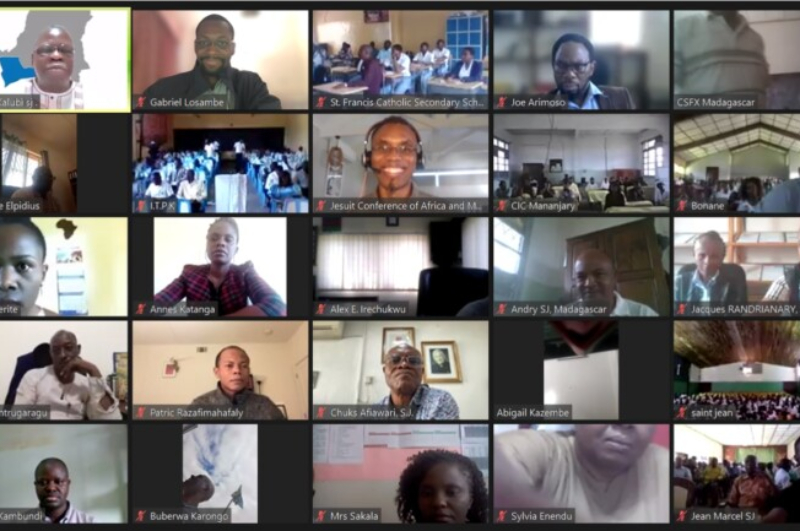
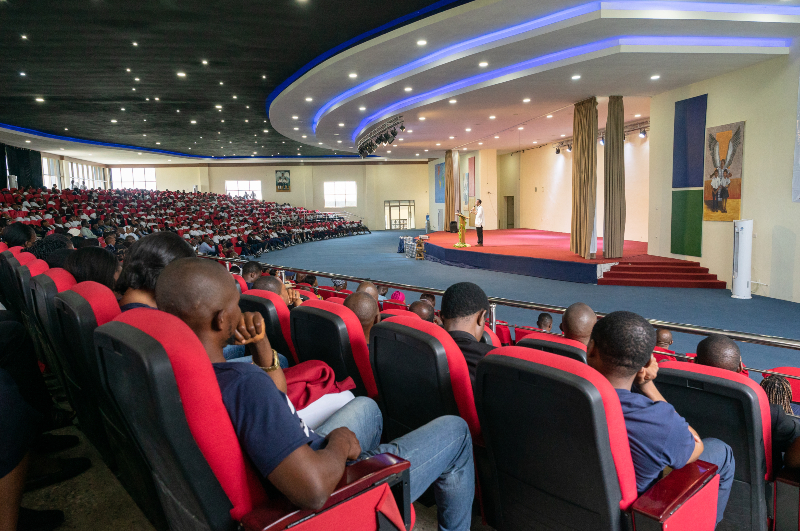
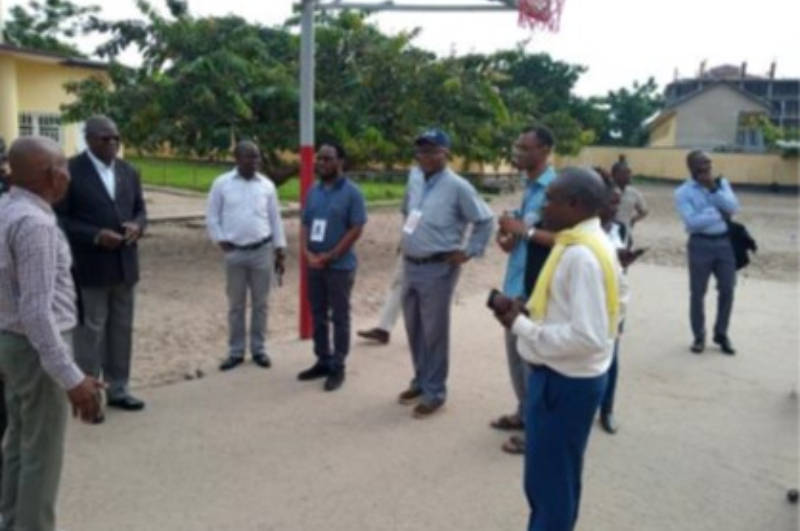
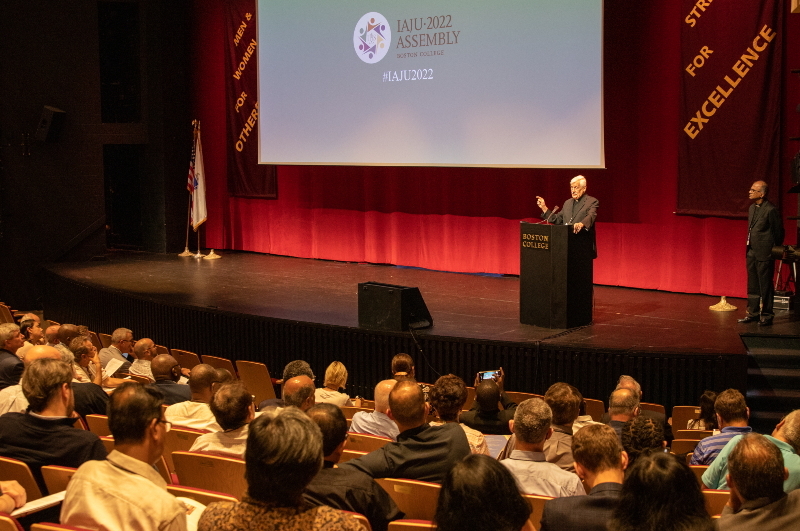
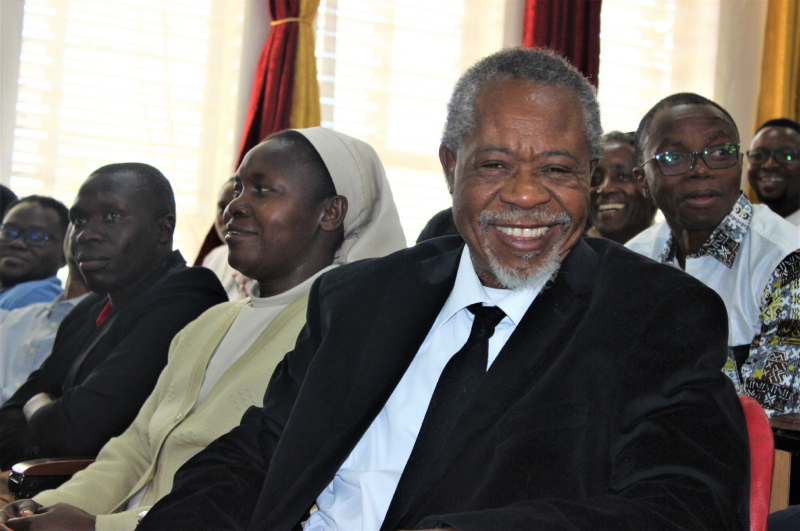
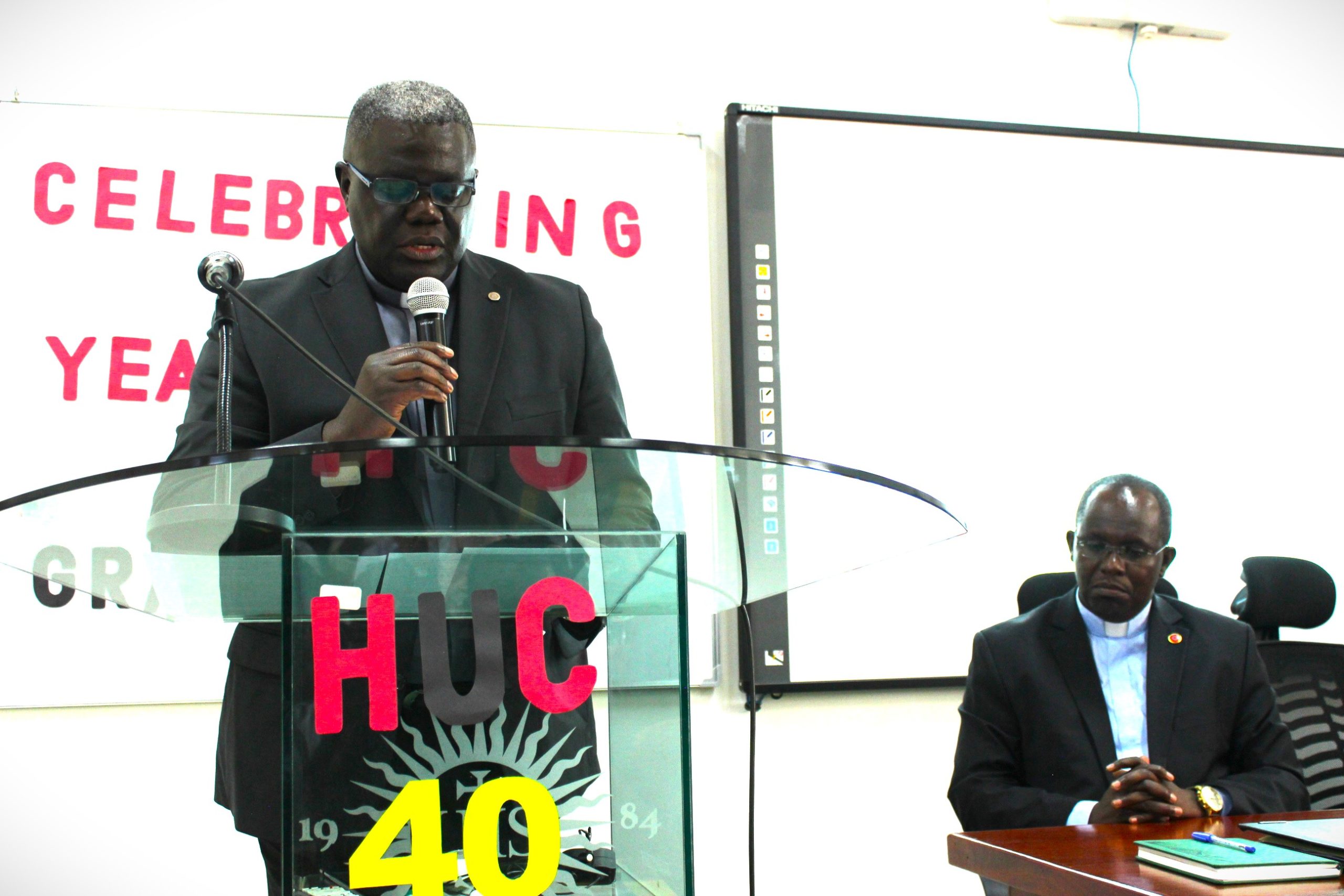
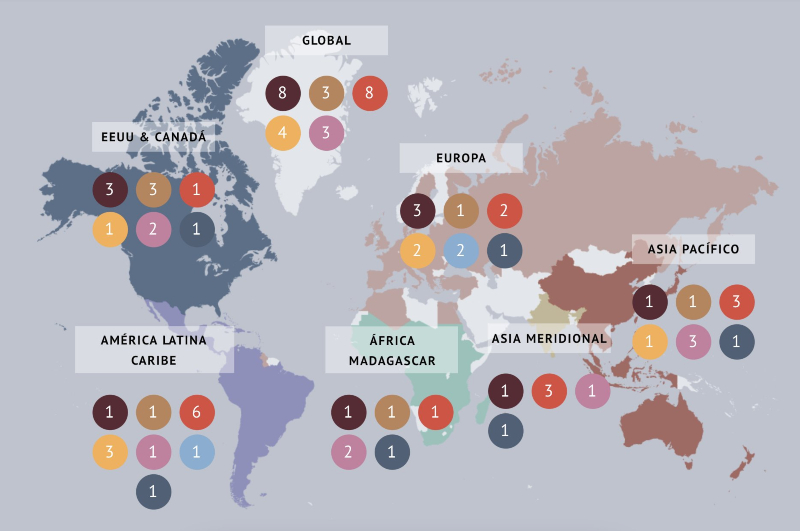
Select Payment Method
Pay by bank transfer
If you wish to make a donation by direct bank transfer please contact Fr Paul Hamill SJ treasurer@jesuits.africa. Fr Paul will get in touch with you about the best method of transfer for you and share account details with you. Donations can be one-off gifts or of any frequency; for example, you might wish to become a regular monthly donor of small amounts; that sort of reliable income can allow for very welcome forward planning in the development of the Society’s works in Africa and Madagascar.
Often it is easier to send a donation to an office within your own country and Fr Paul can advise on how that might be done. In some countries this kind of giving can also be recognised for tax relief and the necessary receipts will be issued.




